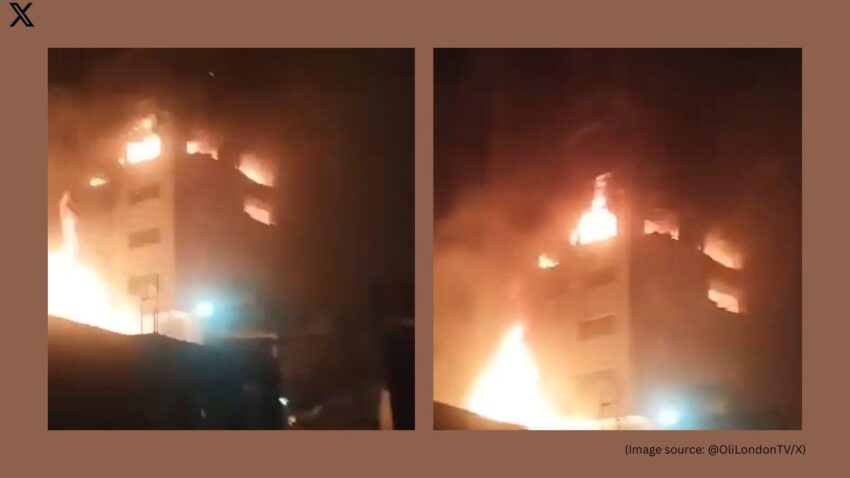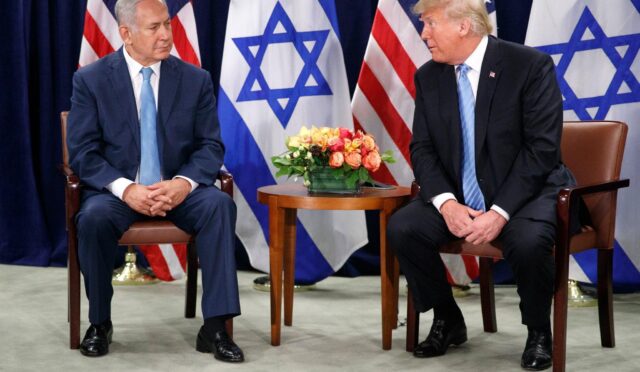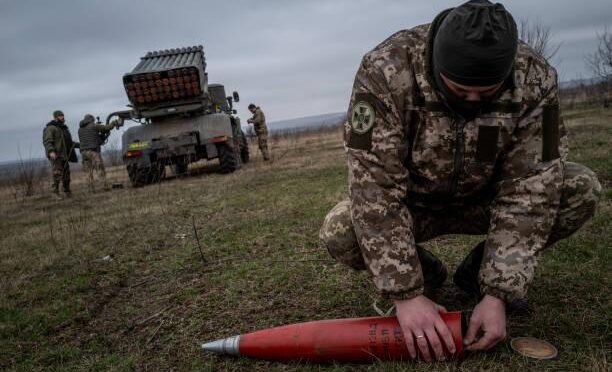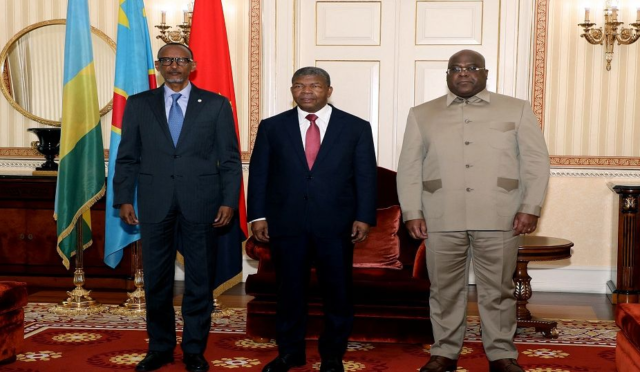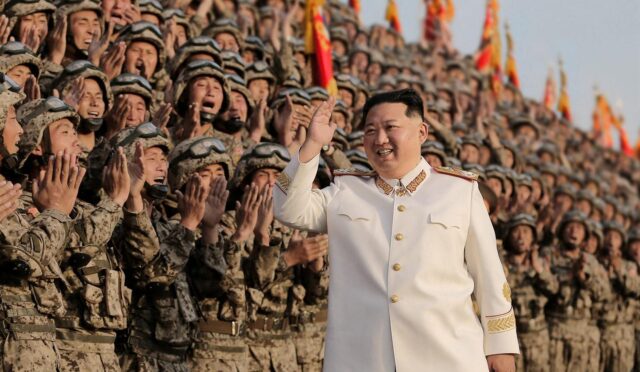Israeli Strike on Iran: A Turning Point for Peace Talks
In a dramatic turn of events, Israeli Prime Minister Benjamin Netanyahu has acted on his long-standing threat to strike Iran, marking a pivotal moment in Middle Eastern geopolitics. This military operation, Israel’s largest against Iran to date, targeted around 100 locations, which included nuclear facilities and vital military command centers. The operation resulted in significant casualties, including the deaths of high-ranking military officials and key nuclear scientists.
The timing of the strikes coincided with renewed negotiations between the United States and Iran regarding the latter’s nuclear program, scheduled to take place in Oman just two days later. Earlier statements from President Donald Trump suggested optimism about the talks, as he indicated the two countries were on the verge of a promising agreement. However, following the attacks, Trump remained steadfast in his stance, warning Iran of potentially harsher actions should dialogue fail.
A Calculated Decision
Netanyahu’s decision to conduct these strikes appears to be informed by recent geopolitical shifts in the region, particularly following the outbreak of conflict in Gaza. Experts believe that Israel may have felt empowered to act, with analysts like Menachem Merhavy suggesting that the U.S. likely tacitly approved of the assault. Merhavy noted that for the past 18 months, Israel has been actively undermining Iran’s influence throughout the Middle East through various military actions, further justifying Netanyahu’s timing.
Despite acknowledging that he had set plans for such an attack months in advance, Netanyahu’s fixation on Iran’s nuclear ambitions has roots that extend far back, often ignited by perceived threats from Palestinian groups backed by Tehran. This longstanding animosity can be traced back to Iran’s previous leadership and their rhetoric against Israel, reinforcing Netanyahu’s narrative about the need for preventive action against Iranian nuclear developments.
Historical Context of Iranian Threats
The backdrop of Netanyahu’s aggressive stance against Iran is steeped in history, particularly following former Iranian President Mahmoud Ahmadinejad’s infamous declaration in 2005. At that time, Netanyahu, who had been out of office, branded the Iranian nuclear program as a grave threat to Israel’s existence. He underlined the necessity for Israel to preemptively strike to protect itself, drawing parallels to Israel’s successful military action against Iraq’s nuclear ambitions in the early 1980s.
Despite Iran consistently asserting that its nuclear ambitions are peaceful, Netanyahu has remained resolute in his skepticism, frequently advocating for a military response. His denouncement of the 2015 nuclear deal negotiated by world powers, which lifted sanctions on Iran in exchange for constraining its nuclear program, further underscores his commitment to a hardline approach against Tehran.
Striking at the Kernels of Power
Over the years, Israel’s intelligence operations have consistently aimed to disrupt Iran’s nuclear initiatives. Netanyahu has repeatedly emphasized a desire to fundamentally reshape the dynamics of the Middle East. Recent military successes against Iranian affiliates, such as Hezbollah, have bolstered Israel’s standing in the region, ensuring its status as the lone nuclear power.
Israel’s proactive strikes against Iranian assets have shifted the power balance, as evidenced by the fallout from the missile attacks targeting Israel. Statements from military officials have alluded to a significant recalibration of military responses, suggesting a more aggressive posture moving forward. The strategic dialogue between Netanyahu and U.S. officials reflects the perceived alignment of interests, with both nations aiming to curtail Iranian power.
A Strategic Gamble
In February, relations between Israel and U.S. officials hinted at a concerted strategy against Iran, with Netanyahu confident of his ability to finish the job in collaboration with the Trump administration. This perception underscores a dynamic where Israeli actions are seen as complementary to U.S. foreign policy goals in the region, particularly in view of Iran’s nuclear potential.
However, experts caution that a deep misunderstanding of the situation could arise if U.S. officials believe they can effortlessly continue negotiating with Iran. The complexity of Iranian politics and their operational methods may render traditional diplomatic approaches less effective, raising concerns about the sustainability of peace talks in light of ongoing military tensions.
